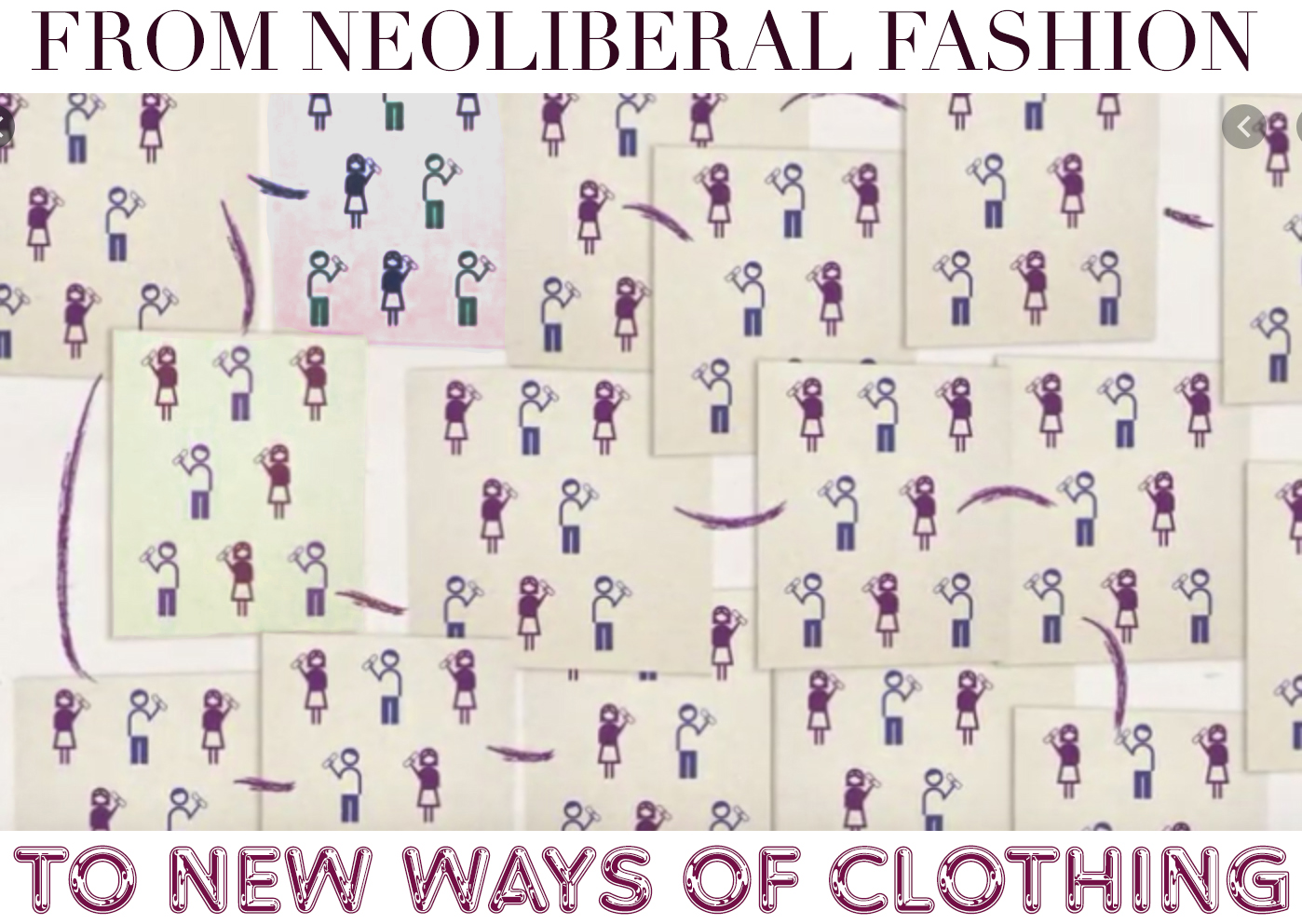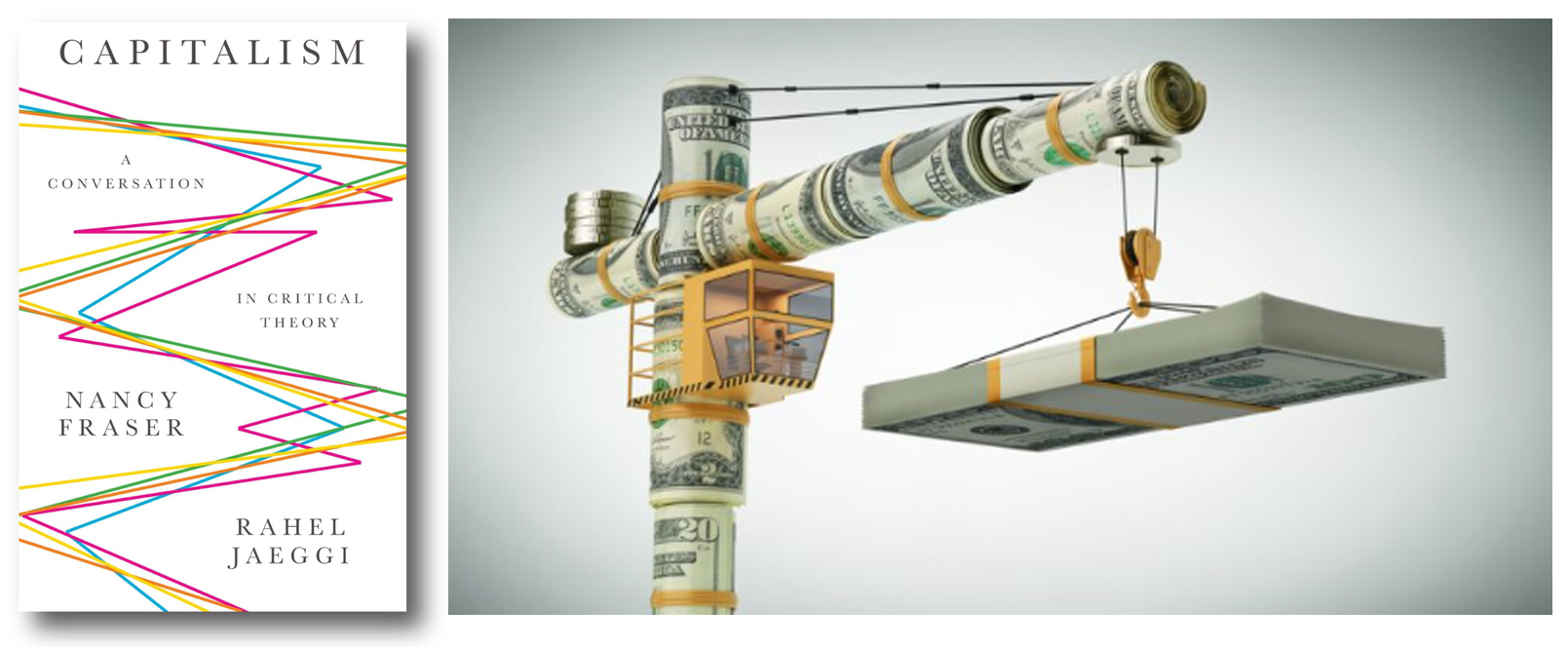From Neoliberal Fashion to New Ways of Clothing with Jerónimo Montero Bressán
The way clothes are produced, traded and sold today around the world reflects many of the problems today’s capitalism poses to the working classes, with deleterious consequences for the environment as well. Global supply chains, in which non-finished goods flow back and forth around the world so that brands and retailers can increase their profits, dominate the landscape of this industry.



